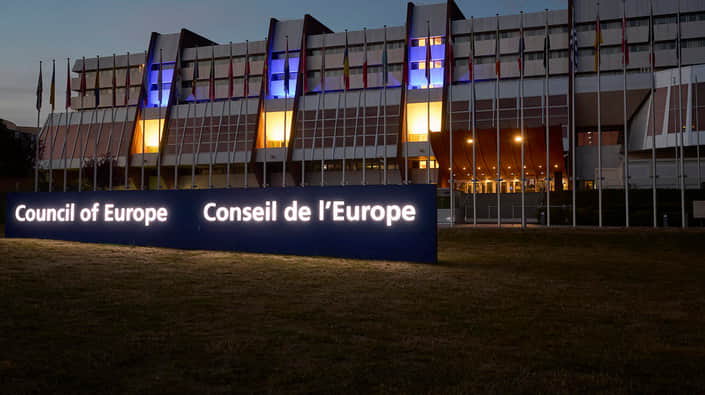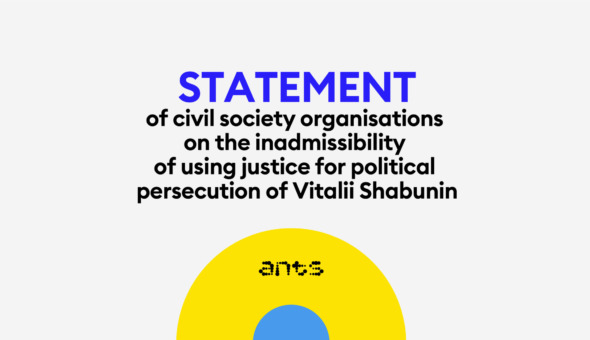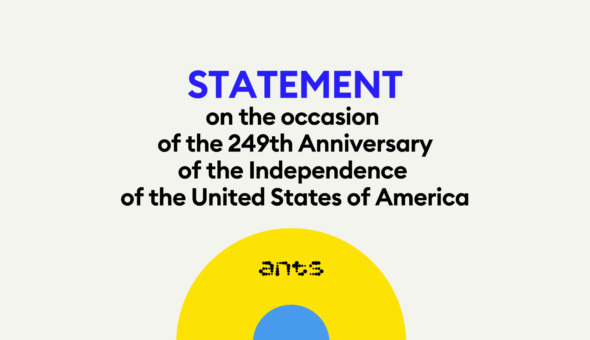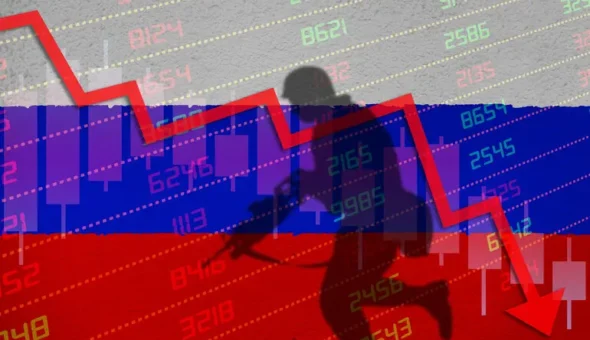
The issue of recognizing russia as a terrorist state is often discussed in both expert and political environments. A common argument supporting the issue is creating new opportunities to confiscate frozen russian assets and their allocation for indemnification of losses.
At the same time, although this really creates certain opportunities, their actual implementation tends to be not the easiest task.
And although such proposals are usually provided on the US part, the most practical effect of recognizing the russian federation as a terrorist state could be achieved within the framework of the Council of Europe.
Why the Council of Europe?
The Council of Europe, following russia’s withdrawal from its membership, is one of the largest international organizations opposing the russian federation. It has been continuously supporting Ukraine’s international legal steps and initiatives, and in May 2023, the Agreement on the Creation of the Register of Damage for Ukraine was concluded within the framework of the Council of Europe.
It is expected that the Council of Europe itself will become a platform for managing the international compensation mechanism for Ukraine.
However, the organization’s potential is much higher, mostly due to the large number of international treaties concluded and effective within its framework.
One of them is the Convention on Laundering, Search, Seizure, and Confiscation of the Proceeds from Crime and on the Financing of Terrorism (Warsaw Convention or CETS 198), signed in Warsaw in May 2005.
One of the issues regulated by this Convention is combating the financing of terrorism.
Its parties – which are almost all members of the Council of Europe, including Ukraine – are obliged to take the required measures to seize and confiscate property that is used or intended to be used to finance terrorism or the proceeds obtained following this crime commitment.
In practice, it is applied the following way: if one of the member states has initiated a criminal case related to terrorism, it can demand other states to block or seize the property used for the financing of terrorism. And if it is decided to confiscate the property of persons engaged in terrorist activities, the member states shall take measures to implement the related decisions in their states.
Almost from the very beginning of the full-scale russian aggression, Ukraine has recognized the russian federation as a terrorist state and consistently insisted on this interpretation. In this case, if any actions of the russian government during the war in Ukraine are classified as terroristic, then the actions of persons who financially support the russian regime can be classified as financing of terrorism.
Although this approach cannot be applied to all actions, missile attacks on energy infrastructure, shopping centers, civilian blocks of cities, humanitarian convoys, mining of the Zaporizhzhya NPP, destruction of the Kakhovsky HPP dam, which purpose is, in fact, to terrorize the civilian population, most probably fall under the definition of acts, which financing is equal to the financing of terrorism within the meaning of the Warsaw Convention.
In such a case, the 2005 Convention can become a tool for the arrest and confiscation of assets of persons financing the russian regime, in particular, representatives of the military and political leadership and oligarchs.
However, there are a few exceptions
The 2005 Convention also contains a significant number of exceptions to the state’s obligation to confiscate the assets of persons engaged in the financing of terrorism. Thus, according to Art. 28 of the Convention, cooperation may be refused, namely, if:
1) the requested actions would contradict the fundamental principles of the requested Party’s legal system;
2) the request fulfillment may harm the sovereignty, security, public order, or other essential interests of the requested Party;
3) in the opinion of the requested Party, the importance of the request-related case does not justify the implementation of the requested actions;
4) the request-related crime would not be considered as such under the laws of the requested Party if it were committed within its jurisdiction.
The first two reasons are the most tricky ones for Ukraine.
The first one – a contradiction to the property protection principles – is already referred to by key European states, appealing to the impossibility of confiscating russian assets. And the second one – harm to national interests – may be referred to by Hungary, for example, which may support its opinion by possible countermeasures taken by the russian federation.
And most importantly, the application of the asset confiscation mechanism under the 2005 Convention is possible if other states also qualify the actions of the russian federation as terroristic.
Unfortunately, as of today, not so many members have recognized russia as a terrorist state or a state sponsor of terrorism. Nowadays, the related declarations have been approved by the Parliamentary Assembly of the Council of Europe, the European Parliament, the parliaments of Lithuania, Latvia, Estonia, and Poland, and a similar declaration has been adopted by the NATO Parliamentary Assembly.
It is also important to realize that confiscation of assets under the 2005 Convention does not mean their return to Ukraine.
According to Art. 25 of the Convention, the requested State disposes of any confiscated property under its domestic legislation, unless the parties agree otherwise.
At that, even following an agreement on the said funds return, the requested Party may keep part of the property and determine the ways of its disposal by the other party.
What should be done next?
This mechanism is one of many that Ukraine may use to repatriate assets of the russian federation. However, it is obviously neither simple, accessible, nor universal.
In each specific case, negotiations with individual states shall be conducted to reach agreements with them.
It is also worth noting that it can simplify the operations of confiscating private russian assets, while state assets, including the gold and currency reserves of the Central Bank of the russian federation, will still be protected by sovereign immunities. And here it should be reminded that some of the largest administrators of frozen russian assets – Belgium, Great Britain, and Switzerland – have not yet ratified the 2005 Convention, and therefore, they cannot apply this mechanism.
However, in any case, applying the status of a terrorist state to russia can have not only a moral and political effect but also real practical consequences for indemnifying Ukraine for losses at the cost of the assets of the russian federation. But this will not happen organically, as it already requires more painstaking diplomatic and political work from Ukraine and partner countries.
The study was conducted within the framework of the ANTS project “russian Assets as a Source for the Recovery of the Ukrainian Economy”, which is implemented in cooperation with the National Democratic Institute (NDI) funded by the National Endowment for Democracy (NED).
Written by Markiian Bem,
Lawyer



